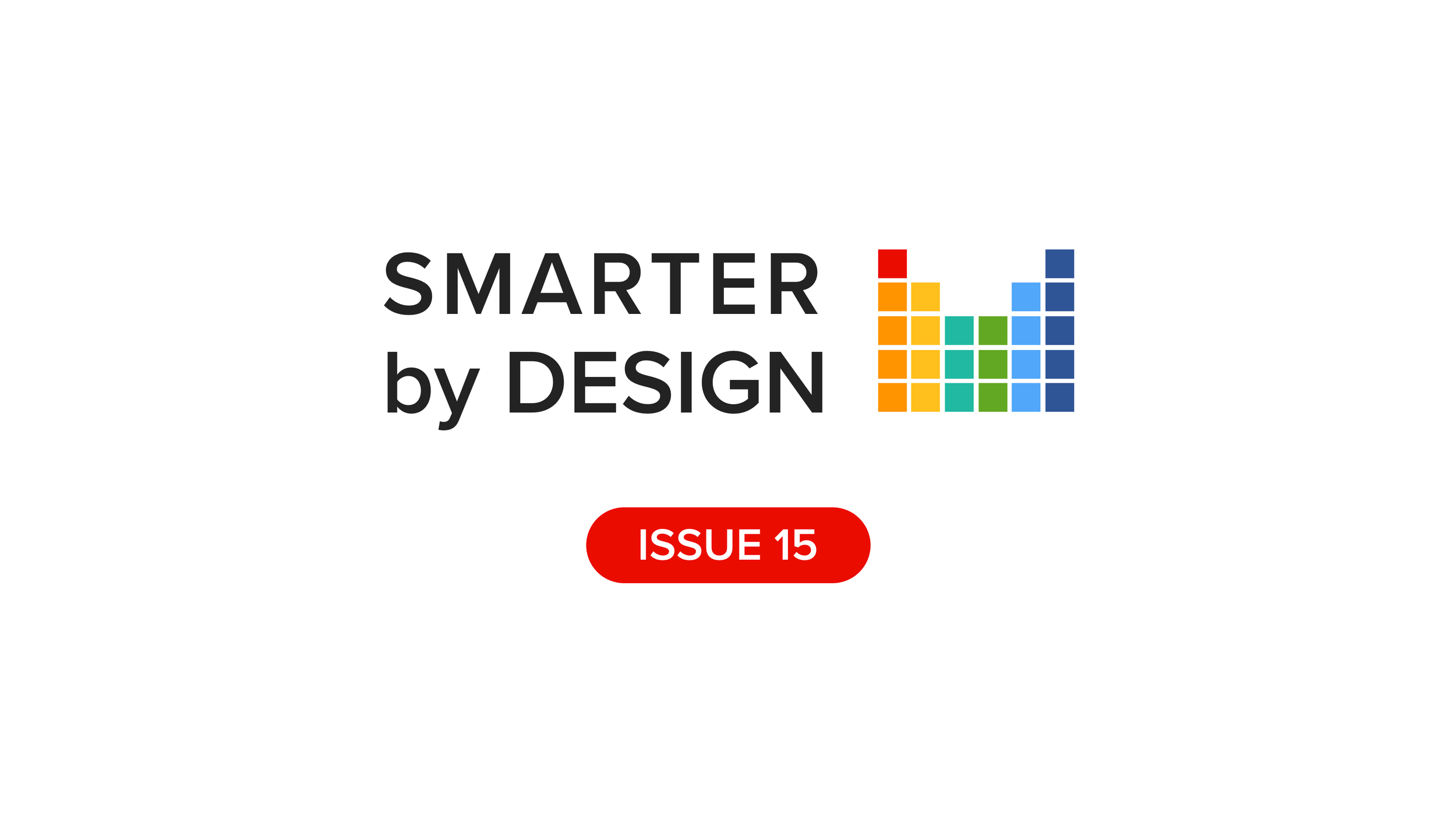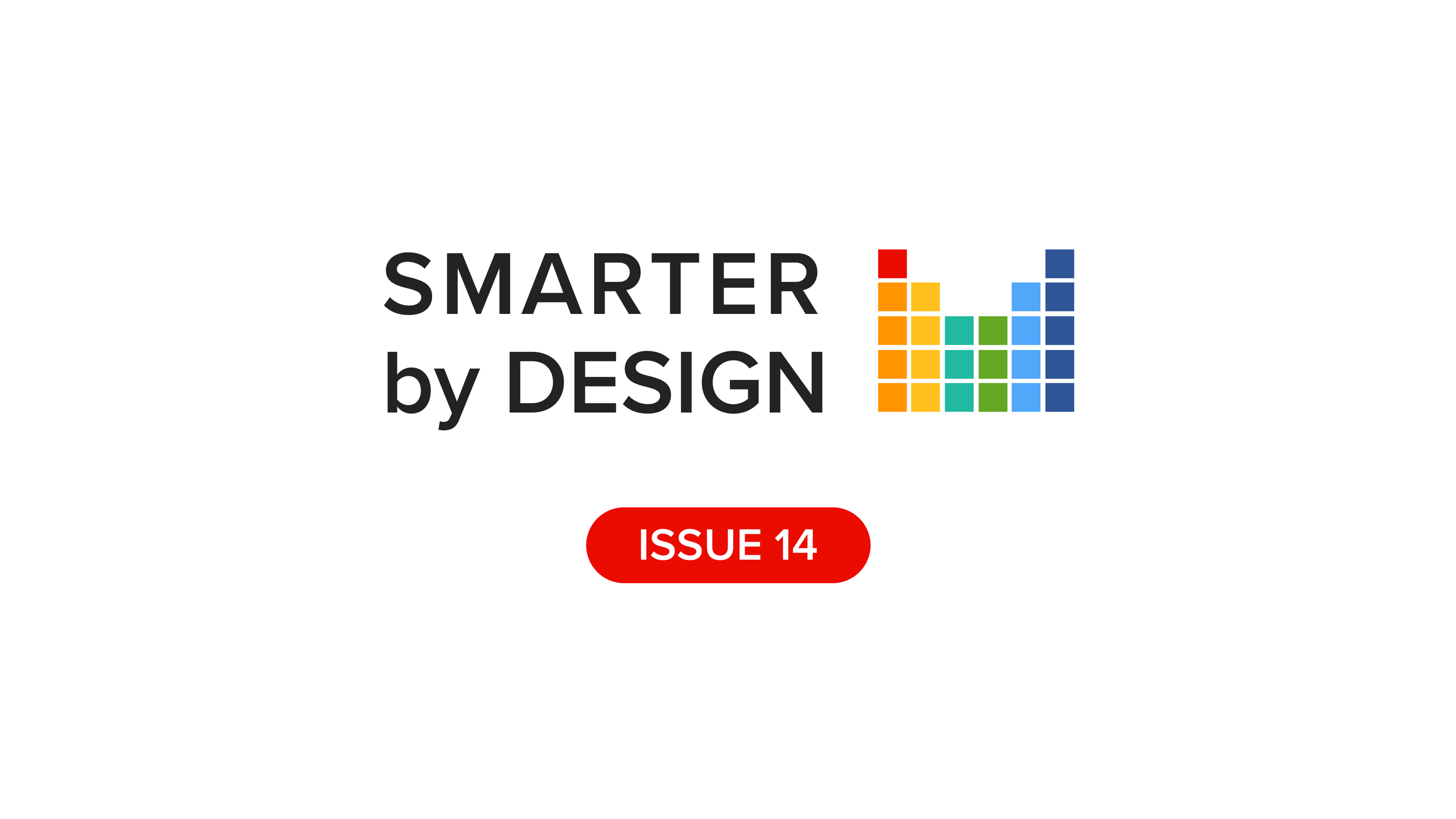I believe learning and development in AEC is going to change more in the next five years than it has in the last twenty-five.
Outside of work, people have grown accustomed to immediate, searchable, personalized access to information. That experience is reshaping what they expect from learning and knowledge inside their firms.
Many AEC professionals now expect knowledge and learning to be accessible exactly when they need it, in the flow of their work, rather than scheduled far in advance. And they would like to be able to find answers to their questions on demand, without having to attend hour-long, day-long, or week-long training delivered in linear formats. That shift is being shaped by generational change, the increased pace of work, and the growing availability of on-demand and AI-enabled tools.
For the first time, AEC firms have a real opportunity to deliver the right knowledge and learning to the right person at the right time. Technology is a major part of that story—including recent advances in AI and video capture, editing, and transcription—but it’s not the whole story. The real shift will come from how firms bring together people, process, technology, and culture to support learning as a core organizational capability.
That kind of change doesn’t happen organically. It happens by design.
I believe the firms that take full advantage of this moment will be the ones that intentionally evolve into what I’ve been calling Modern Learning Organizations.
In simple terms, a Modern Learning Organization does three things:
Builds and maintains collective intelligence
Leverages technology to deliver knowledge in the flow of work
Continuously adapts and thrives in a rapidly changing environment
This issue of Smarter by Design is the first in a multipart series exploring what it means to design a Modern Learning Organization in the AEC industry.
In this issue, I’ll introduce the Modern Learning Organization Pipeline—a practical, end-to-end model for turning learning opportunities into real, durable organizational capability. The pipeline reflects my nearly 25 years of knowledge management work in AEC, insights from the Knowledge Architecture community, and lessons emerging from firms in the Synthesis LMS public beta actively experimenting with new learning approaches.
Some parts of this model reflect practices that have always mattered: thoughtful prioritization, intentional design, and continuous improvement. Other parts reflect what has changed dramatically—especially the ability to unlock just-in-time, dynamically assembled learning that meets people where work actually happens.
My goal with this model isn’t to prescribe a single “right” way forward for all AEC firms. It’s to offer a shared framework you can react to, adapt, and refine as you think about how learning really works inside your firm—and how it could work better.
Here we go.
Read more














